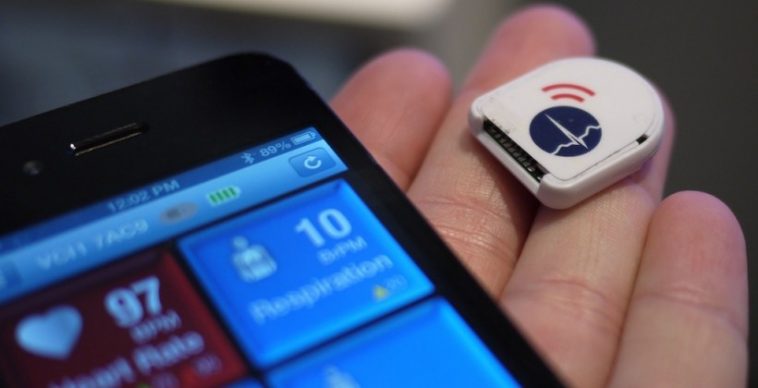Brain tumors have a high mortality rate, with a 5-year survival rate of just 36 percent, according to the National Cancer Institute. A more accurate diagnosis might improve the situation, but tissue biopsies are invasive and can miss important information about tumor composition; imaging-based methods do not provide sufficient sensitivity and resolution.
To effectively treat brain cancer, doctors not only need to confirm the presence of a malignant tumor, but also whether it originated here (primary tumor) or metastasized to the brain from another organ (secondary tumor). Doctors also need to know where in the organ the tumor is located. Since there are currently no diagnostic techniques to accomplish this task without surgery or painful spinal taps, the researchers hope to develop a non-invasive test that uses a small amount of serum.
The researchers used a high-intensity laser beam to create 3D nickel-nickel oxide nanolayers on a nickel chip. The ultrasensitive biosensor formed by this process can detect trace amounts of tumor-derived substances, such as nucleic acids, proteins and lipids, which enter the circulation through the blood-brain barrier.
The sensor detects these components using surface-enhanced Raman spectroscopy, which generates a molecular spectrum, or fingerprint, for each sample. The researchers then used deep neural networks to analyze these features to find evidence and type of brain tumors, and predict their location in the brain.
Using the liquid biopsy platform, researchers were able to detect brain cancer from 5 microliters of serum and also differentiate it from breast, lung, and colorectal cancer with 100 percent specificity and sensitivity. They had similar success in distinguishing between primary brain tumors and secondary tumors that have metastasized from the lung or breast to the brain.
The new technique allowed the researchers to determine which of the nine brain compartments the tumor was located in with 96 percent accuracy. The non-invasive nature of the test allows monitoring of cancer development over time so doctors can make better treatment decisions, the researchers said.




GIPHY App Key not set. Please check settings